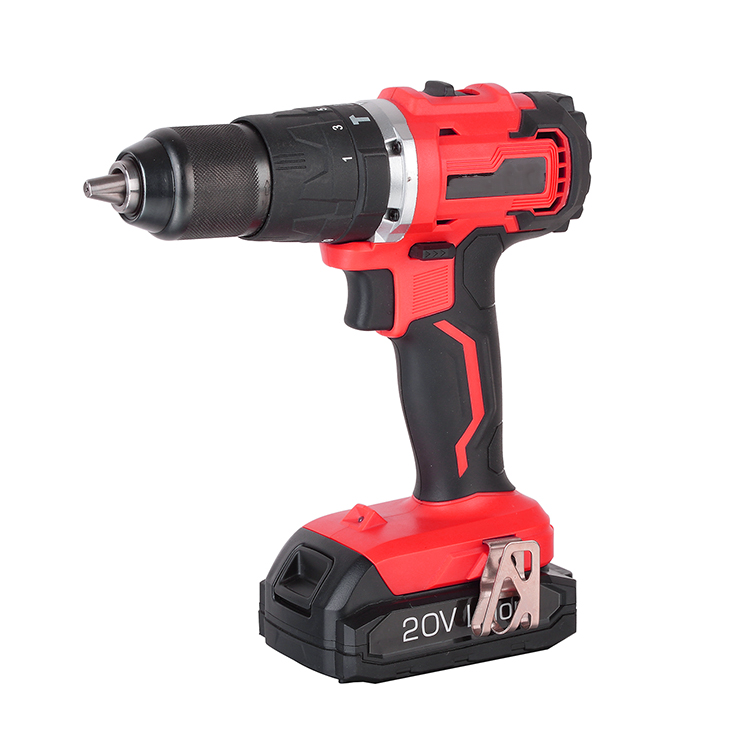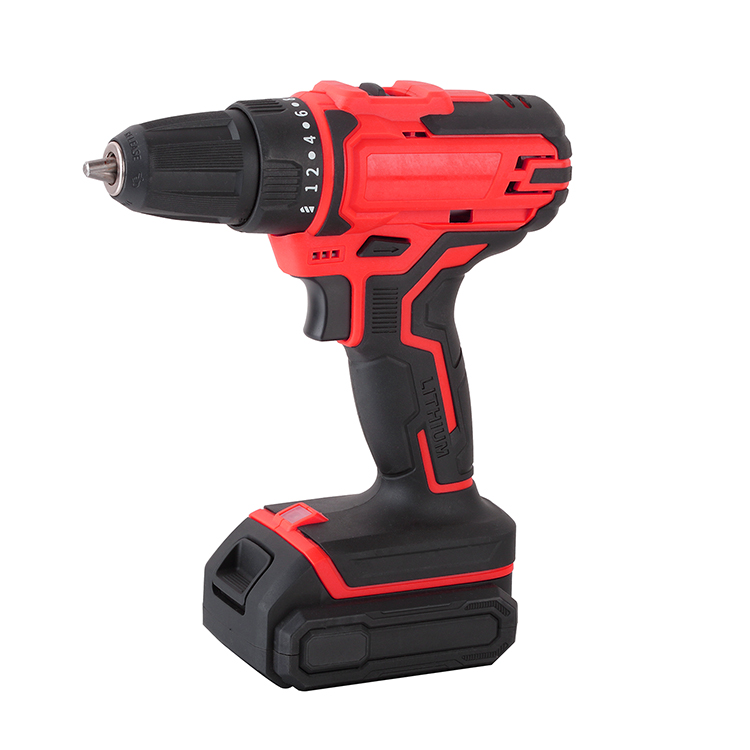 English
English 
 English
English 
Learn the key differences between brushless and brushed drills. Learn about the advantages of brushless drills, such as longer life and greater efficiency, and the economy and ease of maintenance of brushed drills.
In the ever-evolving world of power tools, the choice betweenbrushless and brushed drills has become a pivotal decision for both professionals and DIY enthusiasts. Each type of drill comes with its own set of advantages and disadvantages, making it crucial to understand the differences before making a purchase. This article aims to provide insights into the features, performance, and considerations that can help you make an informed decision when selecting a drill for your projects.
Brushless drills represent the cutting edge of power tool technology. Instead of traditional brushes and a commutator, these drills utilize electronic control circuits to drive the motor. The absence of physical brushes results in reduced friction and wear, leading to a longer lifespan and increased efficiency. Brushless drills are known for their higher power-to-weight ratio, enhanced durability, and improved overall performance.

Longer Lifespan: The absence of brushes reduces wear and tear on the motor, resulting in a longer lifespan for the tool.
Increased Efficiency: Brushless motors are more energy-efficient, providing better runtime and performance on a single battery charge.
Higher Power-to-Weight Ratio: Brushless drills generally deliver more power without adding extra weight, making them more compact and maneuverable.
Smart Technology: Many brushless drills come equipped with advanced features such as electronic torque control and intelligent sensors for optimal performance.
Brushed drills, while more traditional, are still widely used and appreciated for their reliability and cost-effectiveness. These drills operate with brushes and a commutator, creating friction that can result in wear over time. However, brushed drills remain a popular choice for those who prioritize affordability and don't require the advanced features offered by brushless models.

Affordability: Brushed drills are generally more budget-friendly than their brushless counterparts, making them an attractive option for cost-conscious consumers.
Widespread Availability: Brushed drills are widely available and can be found in various brands and models, offering a broad range of options for consumers.
Ease of Maintenance: While brushes may need replacement over time, maintaining a brushed drill is often simpler and more straightforward compared to brushless models.
Budget: If cost is a significant factor, a brushed drill may be the more suitable choice for your needs.
Performance: For high-performance and advanced features, a brushless drill is likely the better option.
Project Requirements: Consider the specific demands of your projects. If you need a tool for occasional use, a brushed drill may suffice, but for heavy-duty and frequent use, a brushless drill might be more appropriate.
Choosing between a brushless and brushed drill ultimately depends on your specific needs, budget constraints, and the intended application. By understanding the advantages and considerations of each type, you can make an informed decision that aligns with your preferences and ensures optimal performance for your projects. Explore the leading manufacturer in the power tool industry, MrPowerTools. Discover our high-quality range of power drills, tailored for professionals and DIY enthusiasts alike.
Hebei Sinotools Industrial Co., LTD.
Copyright © Sinotools Industrial All rights reserved. Technical Support:REANOD